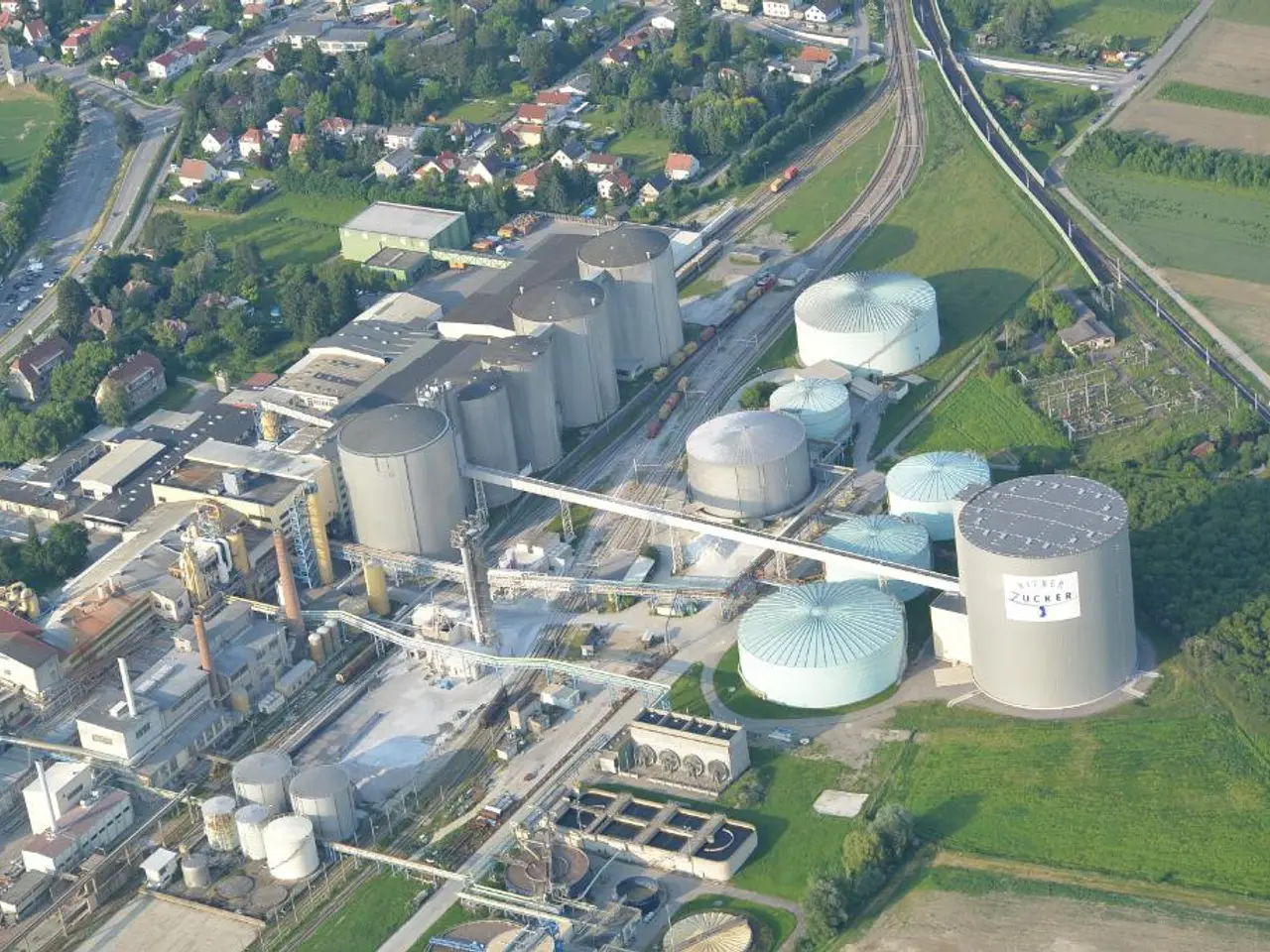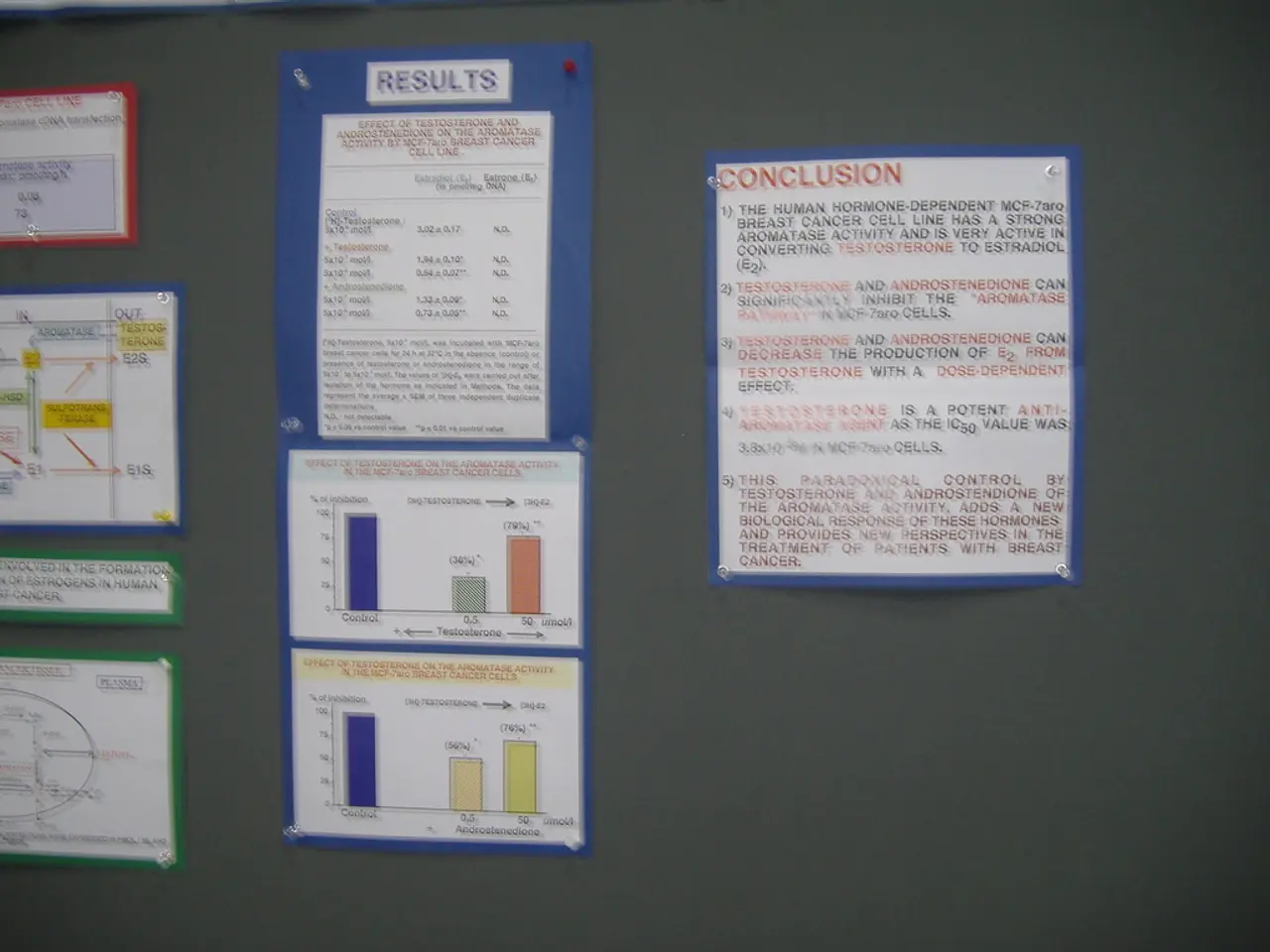Unleashing the Power of Capital Expenditure: A Key to Economic Prosperity
Enhancing Long-term Economic Expansion: Government Investments Examined - Case Studies, Effects
Capital expenditure by the government is a crucial driver of long-term economic growth and development, unlike routine operational costs. Essentially, it's an investment in the future that creates enduring assets crucial for the overall health and progress of a nation.
Trade Secrets: Grasping Government Capital Expenditure
So, what's it all about?
Simply put, government capital expenditure focuses on creating long-term assets for the economy. This can be seen in projects like infrastructure development, such as roads, railways, and ports. Contrary to current expenditures, capital expenditures generate long-term benefits and contribute to the economy's productivity.
Why is Capital Expenditure Vital?
- Amplifying Economic Productivity: By funding physical infrastructure, the government reduces transportation costs, encourages economic activity, and creates jobs. Similarly, investments in non-physical infrastructure (like education and research) foster a capable and innovative workforce, driving long-term economic growth.
- Efficient Service Delivery: In some sectors, government intervention is essential to ensure vital goods and services are provided efficiently. While the private sector may not always deliver in these instances, government investment can correct the inefficiencies and meet the needs of the population.
All Aboard: Key Examples of Capital Expenditure
Going Beyond the Infrastructure Basics:
Intangible Assets that Foster Prosperity:
- Education: Investments in education help grow a skilled and innovative workforce. A well-educated citizenry leads to increased productivity and economic opportunity.
- Research and Development (R&D): Funded research drives technological advancement and innovation, ultimately boosting economic growth.
Embrace the Future: Benefits of Government Capital Expenditure
1. The Long Game: Productive Spending Yielding Long-term Benefits
By focusing on investments that provide long-term benefits, the government contributes to an increase in the economy's output over time. These investments lay the foundation for future growth and prosperity.
2. Job Creation: Infrastructure Projects Leading to Employment Opportunities
Infrastructure projects create jobs, from construction work to support services during the construction process. As a result, the government can stimulate economic growth by strategically allocating funds to these projects.
3. Boosting Demand: Injecting Momentum into the Economy
Capital expenditures increase the demand for goods and services in the economy. During an economic slump, the government can take an expansionary fiscal policy by increasing capital investments to stimulate economic activity and growth.
4. Igniting Private-sector Activity: The Tandem of Public and Private Efforts
Government investments in infrastructure help foster a favorable environment for private-sector activity, encouraging business growth and driving sustainable economic development.
Getting the Green Light: Financing Government Capital Expenditures
Funding the Future:
- Taxes: Government revenue collected from individuals and businesses forms the backbone of government budgets, enabling investments in infrastructure and other long-term assets.
- Non-tax Revenue: Besides taxes, governments can also generate income from State-Owned Enterprises, grants, and one-time funds from the sale of state-owned assets.
- Debt Financing: If necessary, governments can resort to borrowing funds from investors to finance capital expenditures.
Passing the Torch: Who Makes the Investments?
Government at the Helm:
- Central Government: Controls large-scale infrastructure projects, such as highways or national railways.
- Local Governments: Invest in local infrastructure, catering to the specific needs of their communities.
State-Owned Enterprises stepping up to the Plate:
In some cases, governments may allow state-owned companies to undertake capital projects, especially those related to the services they provide.
Partnership for Progress: Private-Sector Participation
To meet the financial burden of certain projects, the government invites private-sector involvement through Public-Private Partnerships (PPP). These partnerships can take various forms, ranging from private-sector financing and construction to operation and management of the assets built for a specified period.
Head over Heels: Dive Deeper into Capital Expenditure and More
You're thinking smart! Here's more for you to explore:
- Government Expenditure: A Factor to Spur or Drag the Economy
- Government Current Expenditure: What Impact on GDP?
- Government Discretionary Spending: What is it and How does it Affect the Economy?
[1] OECD – Classification of Government Expenditure: Manual (2017), Online: https://www.oecd.org/gov/resources-for-governments/classification-manual-2017/chapter-3-expenditure-classified-by-function-1f0e3b6a-en.htm
- Engaging in strategic investments like infrastructure development, education, and research helps enhance business opportunities and drive productivity in the economy. (investing, business, economy)
- To finance these long-term assets, the government raises revenue through taxes, income from state-owned enterprises, and borrowing from investors, as well as non-tax revenue like grants and the sale of state-owned assets. (finance, government, investing)




